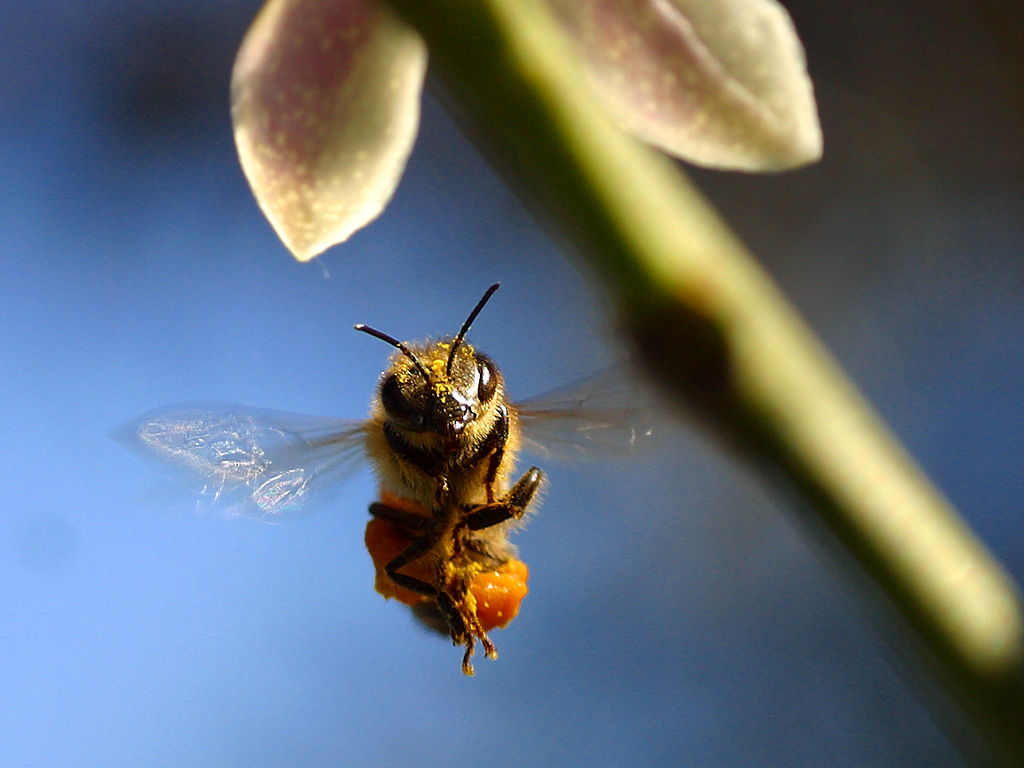Europe bans deadly bee pesticide

There is no doubt that populations of bees throughout the world have been in decline and a controvercial pesticide is expected to be the cause. The European Union is the first governmental body to impose a ban on the pesticide with the hope of recovering bee populations.
Neonicotinoid pesticides have been commonly used for years as a an insecticide and is in many bug sprays and repellents It’s a multimillion dollar industry, but when bee populations began to drop, scientists discovered that the pesticide caused bees to forget the link between flowers and pollination and many bees left the hive simply never to return.
The Eastern Union has considered a ban for a while, but the 27 governments that make up the EU finally voted with 15 wanting to impose the ban. While it wasn't enough for a majority vote, it was enough to give final say to the European Commission, which decided to impose the ban.
The pesticide is now off limits in all of the 27 states of the EU and hopefully the United States will follow suit. The ban is a major coup for environmentalists, but it hasn't come without a fight. The United Kingdom, which voted against the ban, has been accused of caving into powerful lobbyists. The situation is similar here in the United States where chemical companies and industrial farming lobbies hold significant sway.
Makers of the controversial pesticide say the governments are ignoring all the evidence and that the pesticides have no impact on bee populations, but we’ll see if bees make a resurgence in the next few years, at least in Europe. Neonicotinoid pesticides have been in use for more than a decade and replaced many more harmful pesticides, but their link to bee populations has been overwhelming despite what pesticide manufacturers have said.
Manufacturers worry that without Neonicotinoid pesticides these other more harmful pesticides will return, but experts disagree stating that temporary bans in other countries have led to more natural pesticide use and crop rotation techniques.
Photo courtesy of Pioneer Utah
1 comments